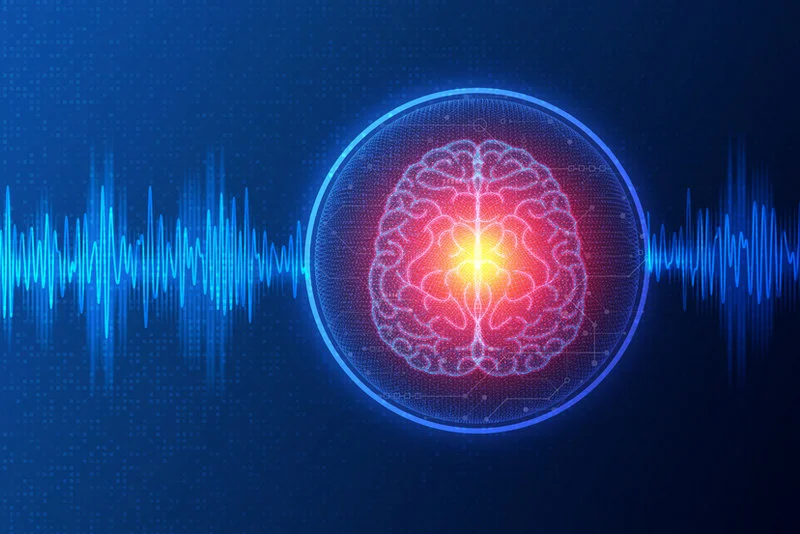Understanding Depression and Its Influence
Depression is a common mental health condition that negatively impacts daily functioning and quality of life. It can sap motivation, energy, and interest in normally pleasurable activities. Depression often makes it difficult to work, maintain relationships, and complete routine tasks. Left untreated, depression can completely disrupt one’s ability to lead a fulfilling life.
The effects of depression are complex and vary between individuals. Many people describe feeling sad, hopeless, irritable, or emotionally numb. Sleep and appetite disturbances are also common, along with fatigue, body aches, and digestive issues. Cognitively, depression impacts concentration, decision-making, and memory retention. All of these effects impede one’s capacity to fully participate in work, social events, hobbies, self-care, and other meaningful activities.


The Importance of Quality Depression Treatment
Seeking treatment is crucial for those suffering from depression. While some cases resolve on their own, professional treatment is often necessary to effectively manage symptoms. Treatment helps minimize the effects of depression so one can better function at work and home. It also reduces the risk of complications like substance abuse and suicide attempts. Prioritizing depression treatment leads to improved wellness and ability to participate in meaningful life activities.
The negative consequences of leaving depression untreated make seeking help vitally important. Unmanaged depression symptoms frequently worsen over time, leading to greater disruption at work, strain on relationships, and a declining sense of joy and purpose. Significant complications include increased anxiety, insomnia, chronic pain, heart disease, diabetes, and stroke risk. Most alarmingly, the suicide rate continues to rise among those battling depression without support. This highlights why care from a psychiatrist, therapist, and other medical professionals is so essential. Treatment promotes stability, healthy coping strategies, lifestyle balance, and a return to fully thriving in one’s life.
Options for Depression Treatment in Long Island
Several evidence-based treatment options exist for depression, including psychotherapy, medication, brain stimulation therapy, and lifestyle changes. Psychotherapy, especially cognitive behavioral therapy (CBT), helps patients identify and modify negative thought patterns underlying the condition. Feedback-oriented therapy is also effective at building self-awareness and coping skills. On the medication front, antidepressants aim to correct chemical imbalances contributing to depressive disorders.
Promising technologies like transcranial magnetic stimulation (TMS) stimulate underactive brain regions to reduce symptoms. Vagus nerve stimulation is another innovative option being studied. Lifestyle adjustments to sleep, diet, exercise and social connection also complement medical treatments. Working closely with a mental health professional allows those with depression to find the approach or combination of approaches that work optimally based on symptoms and circumstances.

Our Core Treatments
Depression & Anxiety
Our new dTMS device will go deeper and cover more area than traditional TMS, providing better results.
TMS for OCD
We now have the only device approved by the FDA and covered by insurance for OCD.
TMS for Addictions
Smoking cessation has recently been approved by the FDA for our Brainsway device. Talk to us about your addictions.
The Benefits of TMS for Depression Treatment
TMS is an innovative technology that uses magnetic pulses to activate mood-regulating areas of the brain that become sluggish during depression. As an FDA-cleared depression treatment, TMS has helped many people better manage their illness when medications and therapy alone haven’t provided sufficient relief. TMS is non-invasive, requiring no anesthesia or sedation during procedures. It’s also convenient, allowing patients to return to normal activities immediately after each session. Typical TMS protocols involve short daily sessions over 4-6 weeks. Most patients describe noticeable improvements in areas like mood, motivation, sleep, energy, concentration, appetite and ability to participate in life activities they once enjoyed.
Unlike brain surgery techniques, TMS has an excellent safety profile with minimal side effects. To determine if TMS could be an effective treatment option for you, consult our compassionate team of mental health experts at LifeQuality TMS. We customize TMS treatment plans to target each patient’s unique depression profile and meet their needs. Schedule a no-obligation consultation today to learn how TMS may help you break free from the burdens of depression.
Get In Touch With Us
info@lifequalitytms.com
(718) 400-0867
(718) 4000-TMS
26 Court St., Ste 808
Brooklyn, NY 11201